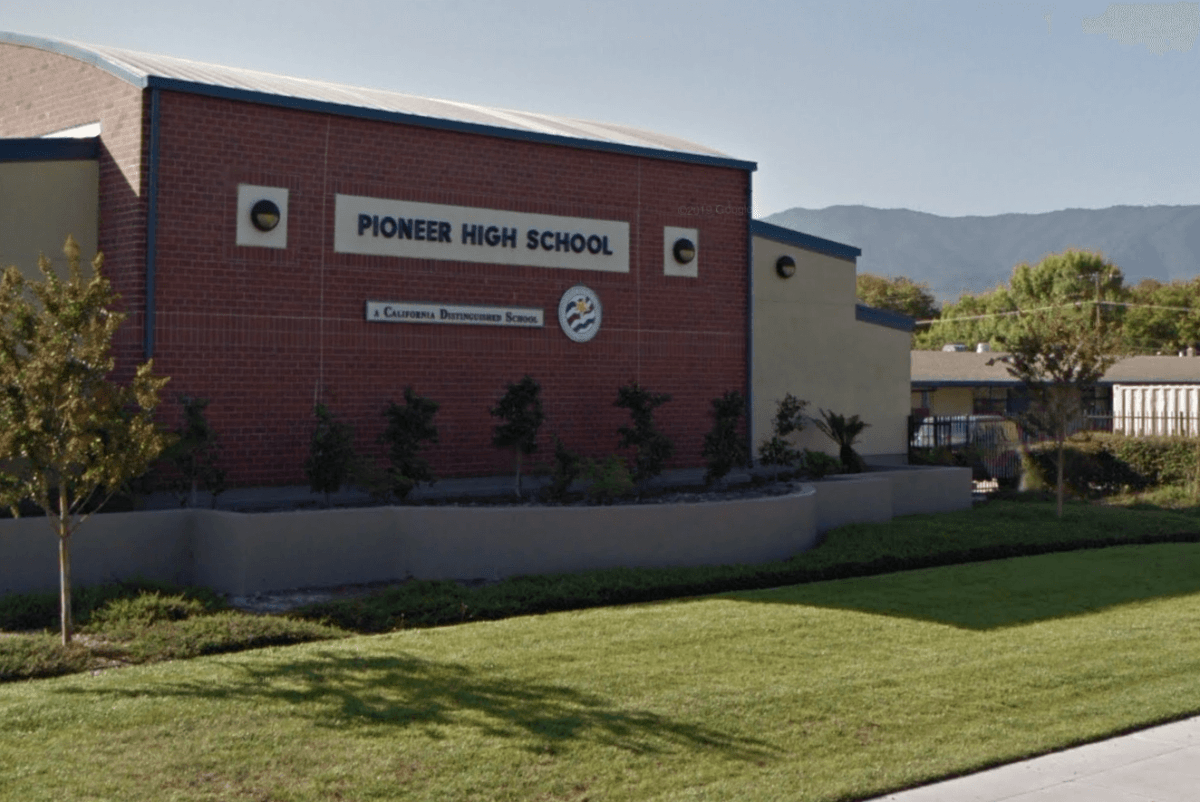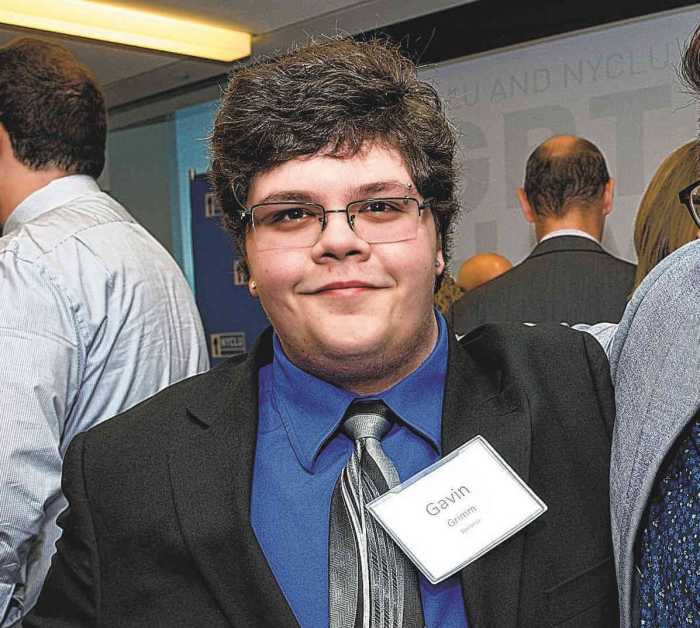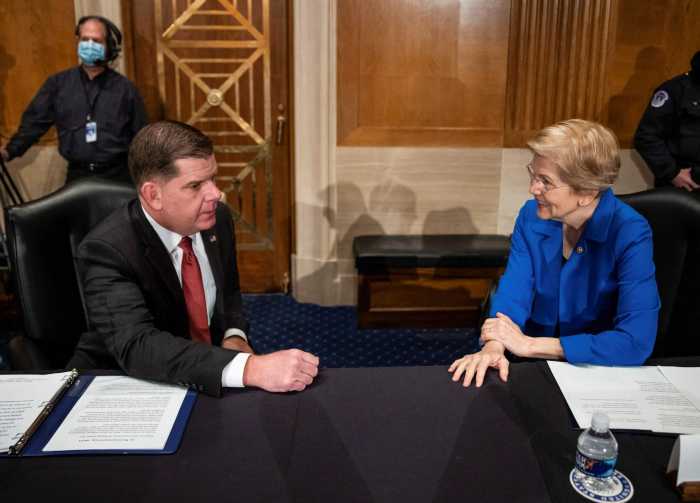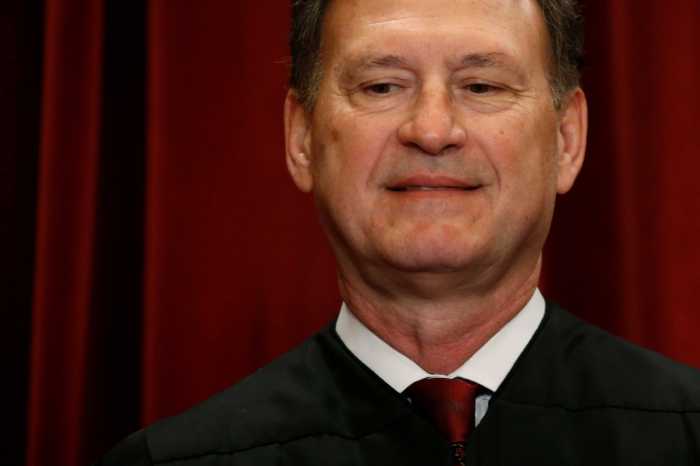A three-judge panel of the San Francisco-based US Ninth Circuit Court of Appeals has directed the federal district court to issue a preliminary injunction requiring the San José School District to extend formal recognition to a chapter of the Fellowship of Christian Athletes (FCA) at Pioneer High School. The panel voted 2-1, with a majority made up of judges appointed by former President Donald Trump and a dissent from a judge appointed by President Barack Obama. The district judge, appointed by former President Barack Obama, had denied FCA’s request for a preliminary injunction while the case is pending.
The school district withdrew recognition from FCA’s Pioneer High School chapter in the spring of 2019 after determining that its qualifications for leadership positions discriminated based on sexual orientation in violation of the district’s non-discrimination policy. Formal recognition entitles a student organization to a panoply of benefits such as inclusion in official lists of recognized clubs and the yearbook, ability to conduct fundraising on campus and to establish bank accounts, to have an official faculty advisor, and to get priority access to on-campus meeting spaces.
The Fellowship of Christian Athletes is a national organization with over 7,000 local chapters at universities, colleges, and high schools. It describes itself as a “Christian religious ministry” and, although membership is open to any student regardless of their religious beliefs or other personal characteristics, the chapter charters limit leadership roles to students who affirm their adherence to a Faith Statement and a Sexual Purity Statement. Such affirmance would require abstention from any sexual relationship outside of heterosexual marriage and agreement that marriage is limited “biblically” to the union of one man and one woman.
The San José high schools began to have recognized chapters of FCA more than 20 years ago. The leadership criteria became an issue in 2019 when several students of social studies teacher Peter Glasser gave him copies of the Faith and Sexual Purity Statements, which upset him as discriminatory. He posted them on the whiteboard in his classroom and criticized them, upsetting some FCA officers who were in his class. He brought them to the attention of Pioneer’s principal, who convened a meeting of the school’s “climate committee” to discuss them, resulting in the matter rising to the district administrative level and a decision to revoke FCA’s recognition, in reliance on the district’s non-discrimination policy, which includes sexual orientation.
FCA applied for recognition again in 2019-20, which was denied. Then in the spring of 2020, the pandemic resulted in suspension of all on-campus club activity, but clubs were provisionally recognized for 2020-21 as activities remained virtual. Meanwhile, the local FCA chapter and the national organization joined with two religious freedom litigation groups, Becket Fund for Religious Liberty and the Center for Law & Religious Freedom, and filed suit in the federal district court for the Northern District of California, where the case was assigned to Judge Haywood S. Gilliam, Jr., an Obama appointee.
Judge Gilliam granted the school district’s motion to dismiss some of the plaintiffs’ claims, but the case continued on a Free Exercise of Religion claim after FCA amended its complaint. When discovery was concluded, the school district filed a motion to dismiss the case, which is still pending. Meanwhile, anticipating on-campus club activity in the coming school year, FCA had moved for a preliminary injunction to restore its recognized status while the case continued.
In the meantime, the school district revised its policy for recognizing student clubs, providing that any student would be entitled to join any club regardless of their status or beliefs. This “all comers” policy is similar to a policy upheld by the US Supreme Court in Christian Legal Society v. Martinez, a 2010 case involving denial of recognition by a state university law school to a group that required a similar religious affirmation from its student leaders. That was a 5-4 ruling, with Justice Ruth Bader Ginsburg writing the court’s opinion.
Judge Gilliam denied FCA’s motion for injunctive relief. He concluded that FCA was unlikely to prevail on its claim that the denial of recognition violated its legal rights.
The Ninth Circuit panel voted 2-1 to reverse Judge Gilliam, directing him to issue the preliminary injunction.
Writing for the majority of the panel, Judge Kenneth Lee based his ruling heavily on the Supreme Court’s decision in Fulton v. City of Philadelphia (2021), in which the court held that an anti-discrimination policy that was not uniformly applied was not a “neutral rule of general applicability,” so the government body whose rule burdened free exercise of religion would have to meet the test of strict scrutiny, in which it must prove a compelling governmental interest justifying the rule. In that case, the city had ended its contract with a Catholic foster care agency that refused to certify same-sex couples to be foster parents. The court found that the city’s contract with the agency specified that the city could waive the contract’s non-discrimination requirements at its discretion.
In this case, even though many relevant facts are disputed (according to the dissenting judge), Judge Lee concluded that the San José School District allows exceptions to its anti-discrimination policy, focusing on some presumably all-female clubs, such as Big Sisters/Little Sisters and the Senior Women Club, and thus it is not a rule of “general applicability” and the strict scrutiny standard applies, which he asserts “is the whole ballgame.” This opinion was joined by Circuit Judge Danielle Forrest, the other Trump appointee on the panel.
In a separate “concurring opinion” speaking only for himself, Judge Lee relied on the Supreme Court’s 2018 decision, Masterpiece Cakeshop v. Colorado Civil Rights Commission, in which the Supreme Court reversed a decision by the Colorado Court of Appeals against a baker who refused to make a wedding cake for a same-sex couple, finding that the state’s decision-making process was tainted by overt hostility to the baker’s religious views expressed at a hearing by members of the Commission. Judge Lee pointed to various statements attributed to Glasser, to the school principal, and to the school’s Gay-Straight Alliance faculty advisor, all of whom participated in the “climate committee” deliberations, which Lee characterized as hostile to FCA’s religious views.
The dissenting opinion by Obama appointee Morgan Christen asserted that the court lacked jurisdiction to order injunctive relief for FCA because no students had applied for recognition of the Pioneer High School chapter for the 2022-23 school year, much less been turned down. Furthermore, he noted that there were plenty of unsettled facts to be determined. “In their haste to reach the merits of this dispute,” he wrote, “plaintiffs urge us to resolve fact-laden questions relevant only to their claims for past injuries, not to the prospective ones at the center of their motion for a preliminary injunction.” He pointed out that various factual allegations of the plaintiffs, accepted by the panel majority, were not well supported by the record in the case at this point, before there has been a trial to consider evidence from both sides. For example, it seems that the Senior Women’s Club may be defunct, and that the Big Sisters/Little Sisters club operates in conjunction with the Big Brothers/Little Brothers club.
The Ninth Circuit has 29 active judges, of whom a majority were appointed by Presidents Obama and Joe Biden. It is possible that a motion for rehearing “en banc” could be granted. Because of the size of the Ninth Circuit bench, they hear en banc arguments in 11-judge panels made up of the original three-judge panel, the chief judge of the circuit (an Obama appointee), and seven additional circuit judges assigned at random. The luck of the draw determines the composition of an en banc panel.
The school district could file a motion seeking such a review, but any judge of the circuit can call for a vote for en banc review. The school district could also apply to the Supreme Court for a stay of the preliminary injunction, claiming that allowing it to go into effect would irreparable harm the district by requiring it to recognize a discriminatory club while the case is pending before the district court.



































